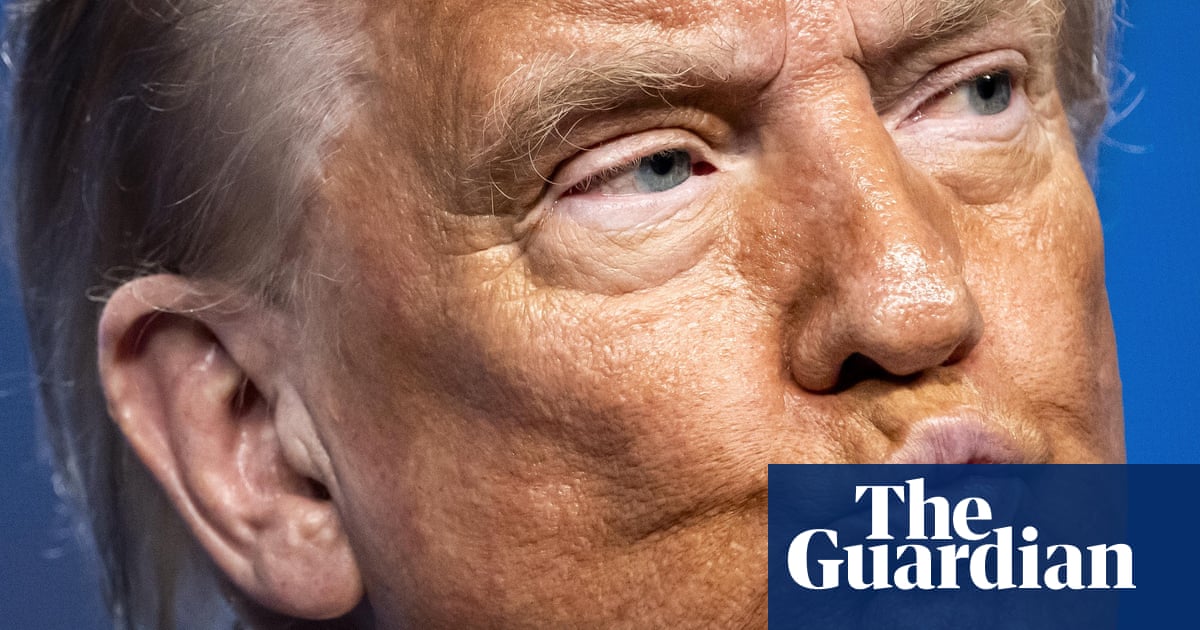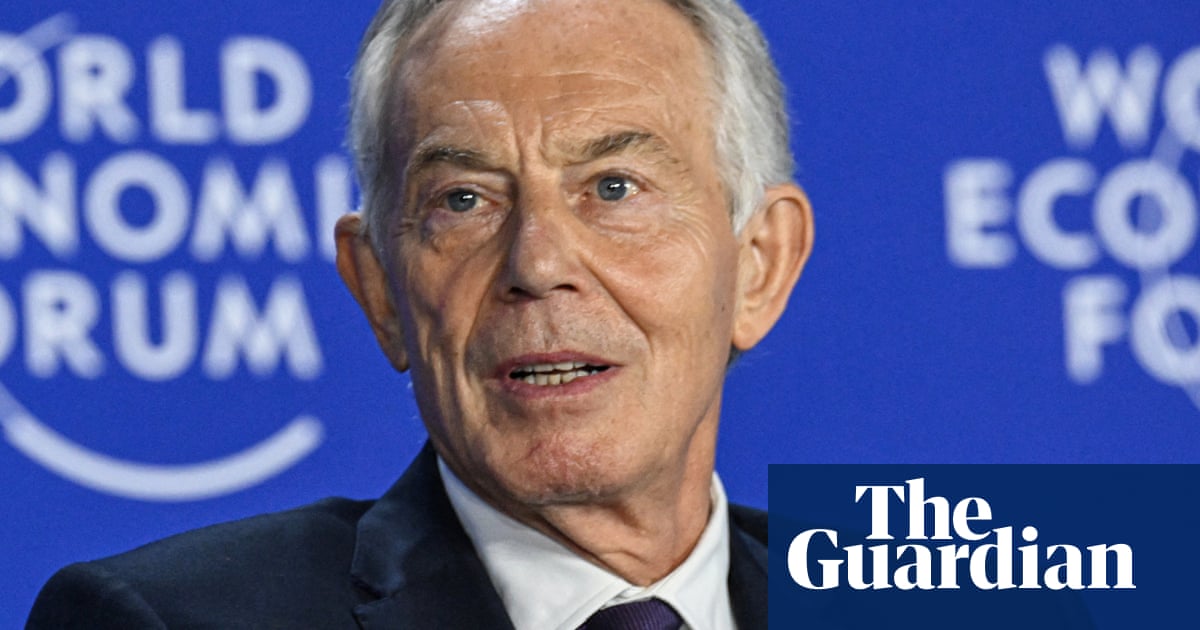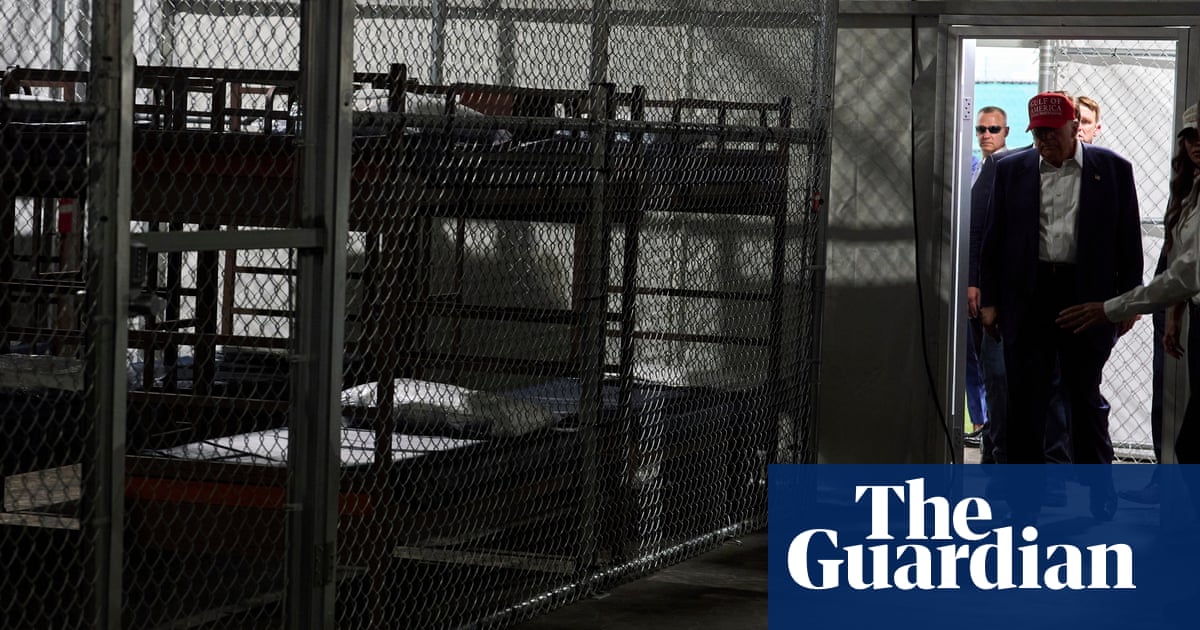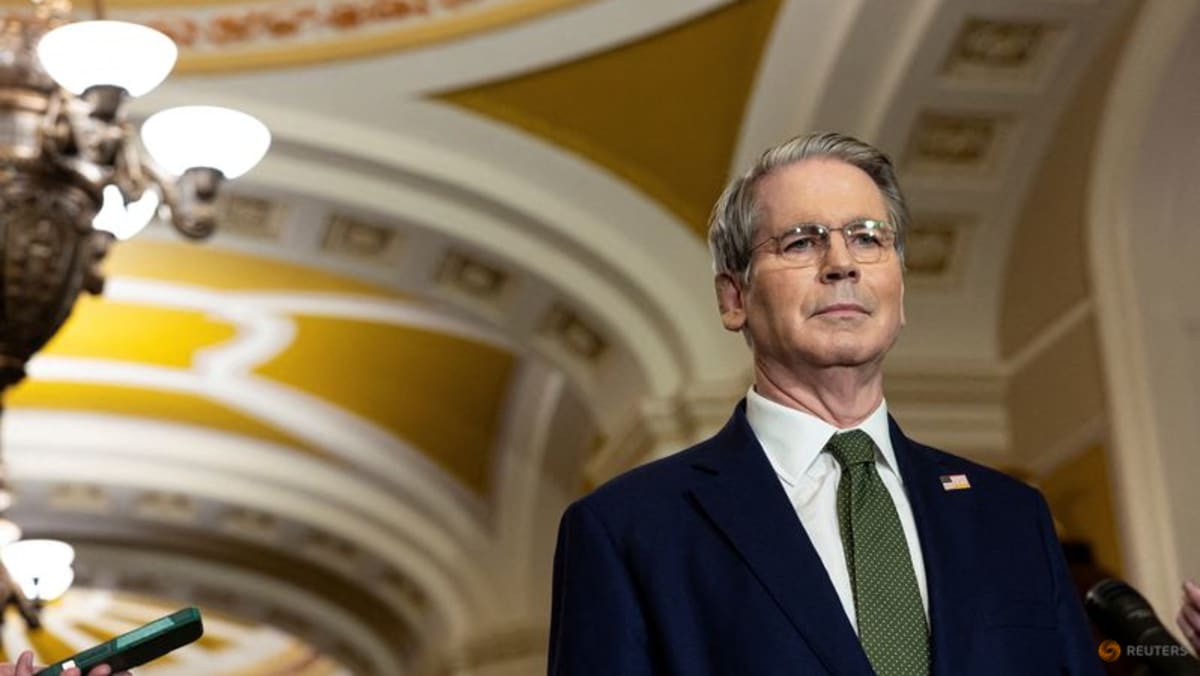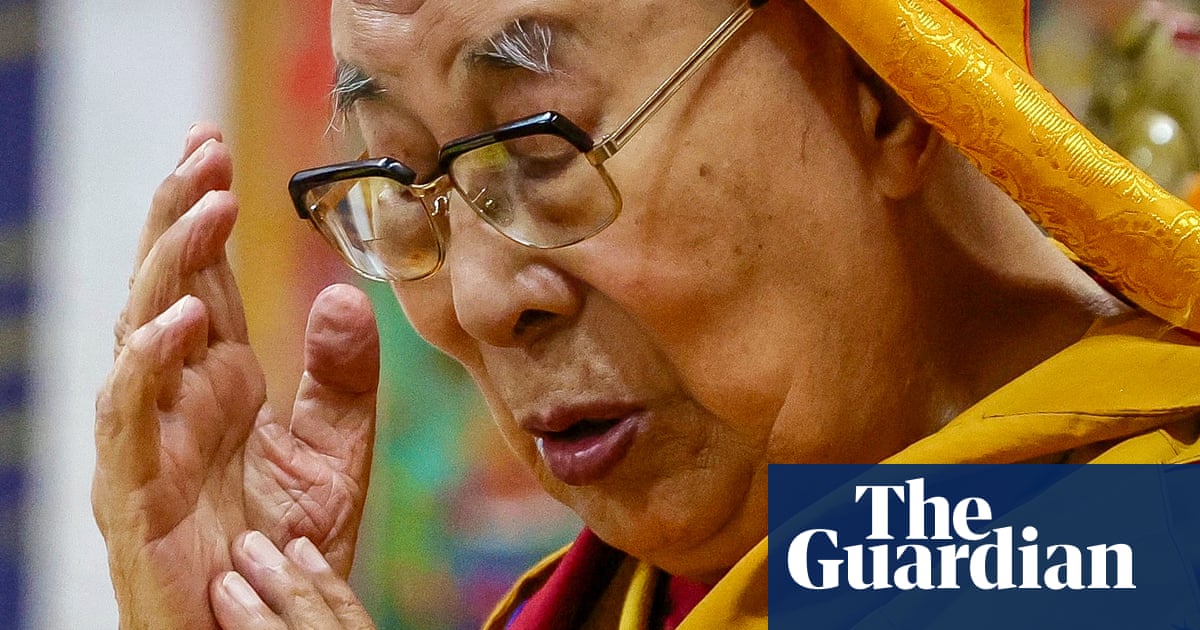Elon Musk's Ambitious Political Venture: The America Party Faces Significant Hurdles

In a significant shift in the political landscape, Elon Musk, the billionaire CEO of Tesla and SpaceX, has announced his intentions to establish a new political party in the United States. This announcement comes in the wake of his fractious relationship with former President Donald Trump. Over the weekend, Musk revealed his plans for the 'America Party,' which he intends to position as a counterforce to the Republican Party, particularly targeting those Republicans who supported Trump's extensive tax-cut and spending legislation.
Musk has characterized his nascent party as being centered around technology, fiscal conservatism, energy initiatives, and a centrist ideology. His aim is to attract disenchanted voters from both the Democratic and Republican parties, a strategy that underscores his desire to bridge the growing divide in American politics. The billionaire has been vocal in his criticism of the tax-cut legislation, which is projected to increase the national debt by approximately $3.4 trillion, highlighting his commitment to a more financially responsible governance.
However, political analysts warn that dismantling the entrenched two-party system in the U.S. is no small feat. The inherent complexities and challenges of establishing a viable third party cannot be overstated. Political experts point to previous attempts that have faltered, emphasizing the difficulty in gaining traction in a system where electoral processes are managed on a state-by-state basis. David A. Hopkins, a political science professor at Boston College, noted, 'There are just very, very significant barriers to the creation of a viable third party.' These barriers include the necessity of building a robust party infrastructure, mobilizing volunteers, and navigating the intricate requirements to qualify for ballots across various states.
David Jolly, a former Republican congressman from Florida who distanced himself from the GOP due to Trump, believes that Musk’s financial backing could provide the essential resources needed for such an ambitious political endeavor. 'What the independent space has been lacking has been resources,' Jolly explained. He suggested that the initial investment required to establish a credible national party could exceed $100 million, considering the need to create party organizations in all 50 states.
Interestingly, Jolly himself contemplated entering the independent political arena but ultimately decided that working within the two-party framework might yield better results for reaching dissatisfied voters. He is currently running for governor of Florida as a Democrat. Musk's challenge is further complicated by the fact that similar billionaire-led campaigns, such as that of former New York Mayor Michael Bloomberg, have often concluded with the realization that independents struggle to win elections. Bloomberg famously stated that running as an independent would give a candidate 'no chance of winning.'
Jolly estimated that Musk would require a decade and potentially around $1 billion to cultivate a viable national party, casting doubt on Musk's commitment based on his previous stint with the Department of Government Efficiency during the Trump administration, where he left after a few months without delivering substantial results. 'What we have seen is an Elon Musk who is not disciplined enough to change American politics,' Jolly commented.
Despite these challenges, Musk's office has not yet offered any comments regarding this ambitious new political venture. Meanwhile, Tesla's stock experienced a nearly 7% decline on Monday, raising concerns among investors about Musk's divided attention between his political aspirations and his corporate responsibilities.
Instead of launching a new party, Musk could have opted for a more conventional approach by using his political action committee to support Republican challengers in party primaries leading up to the crucial midterm elections. Musk has previously emerged as the largest contributor in the 2024 U.S. campaign cycle, with nearly $300 million in donations primarily aimed at aiding Trump’s re-election efforts.
However, Musk's political influence has not been universally successful. His substantial financial contributions to a Wisconsin Supreme Court election in April ended in disappointment, as his chosen candidate was defeated. Additionally, his attempts to sway Republican lawmakers in Congress against passing Trump’s tax bill also yielded minimal success. As it stands, it remains uncertain how effective Musk would be in supporting independent candidates in competitive races for the U.S. House of Representatives.



















